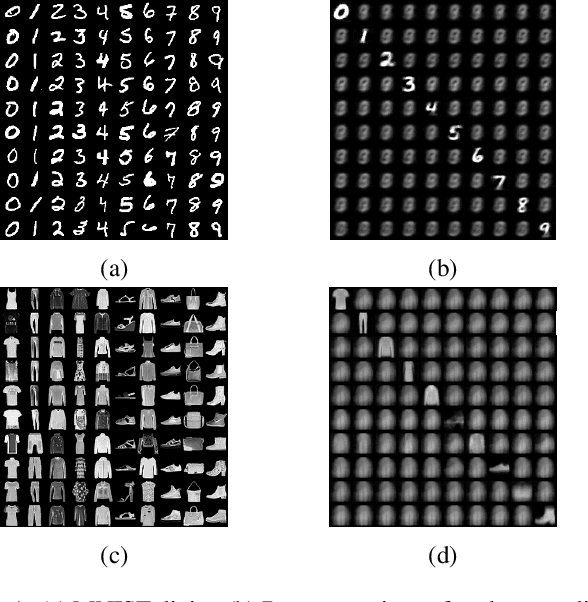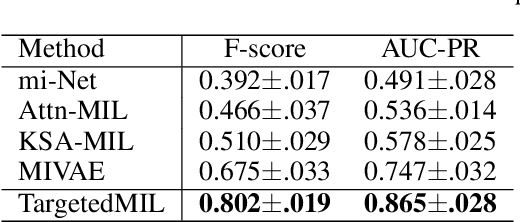Xuanhui Zhang
Deep Copula-Based Survival Analysis for Dependent Censoring with Identifiability Guarantees
Dec 27, 2023Abstract:Censoring is the central problem in survival analysis where either the time-to-event (for instance, death), or the time-tocensoring (such as loss of follow-up) is observed for each sample. The majority of existing machine learning-based survival analysis methods assume that survival is conditionally independent of censoring given a set of covariates; an assumption that cannot be verified since only marginal distributions is available from the data. The existence of dependent censoring, along with the inherent bias in current estimators has been demonstrated in a variety of applications, accentuating the need for a more nuanced approach. However, existing methods that adjust for dependent censoring require practitioners to specify the ground truth copula. This requirement poses a significant challenge for practical applications, as model misspecification can lead to substantial bias. In this work, we propose a flexible deep learning-based survival analysis method that simultaneously accommodate for dependent censoring and eliminates the requirement for specifying the ground truth copula. We theoretically prove the identifiability of our model under a broad family of copulas and survival distributions. Experiments results from a wide range of datasets demonstrate that our approach successfully discerns the underlying dependency structure and significantly reduces survival estimation bias when compared to existing methods.
Towards Learning Causal Representations from Multi-Instance Bags
Feb 25, 2022



Abstract:Although humans can easily identify the object of interest from groups of examples using group-level labels, most of the existing machine learning algorithms can only learn from individually labeled examples. Multi-instance learning (MIL) is a type of weakly supervised learning that deals with objects represented as groups of instances, and is theoretically capable of predicting instance labels from group-level supervision. Unfortunately, most existing MIL algorithms focus on improving the performances of group label predictions and cannot be used to accurately predict instance labels. In this work, we propose the TargetedMIL algorithm, which learns semantically meaningful representations that can be interpreted as causal to the object of interest. Utilizing the inferred representations, TargetedMIL excels at instance label predictions from group-level labels. Qualitative and quantitative evaluations on various datasets demonstrate the effectiveness of TargetedMIL.
 Add to Chrome
Add to Chrome Add to Firefox
Add to Firefox Add to Edge
Add to Edge